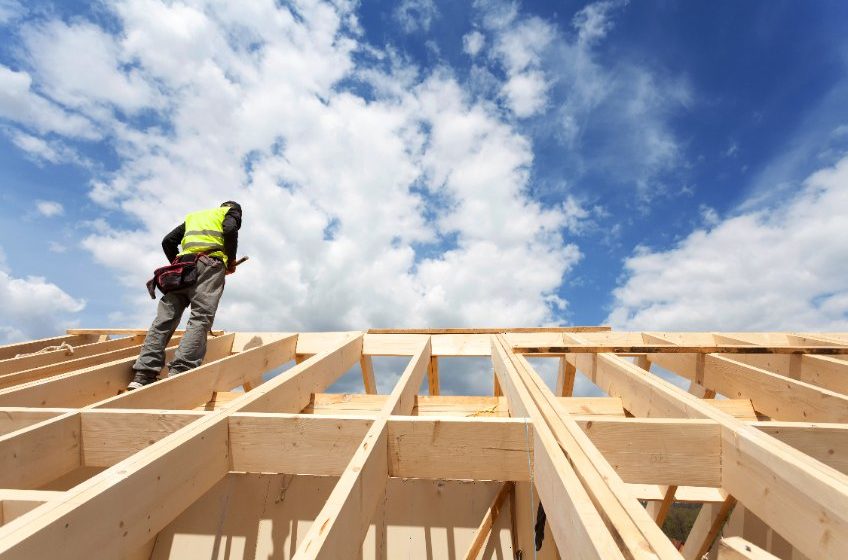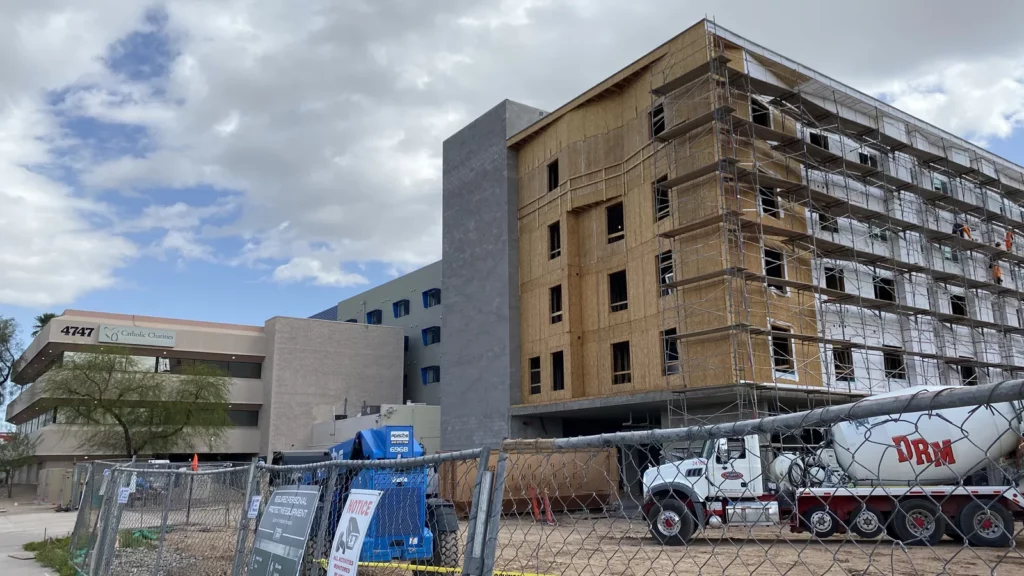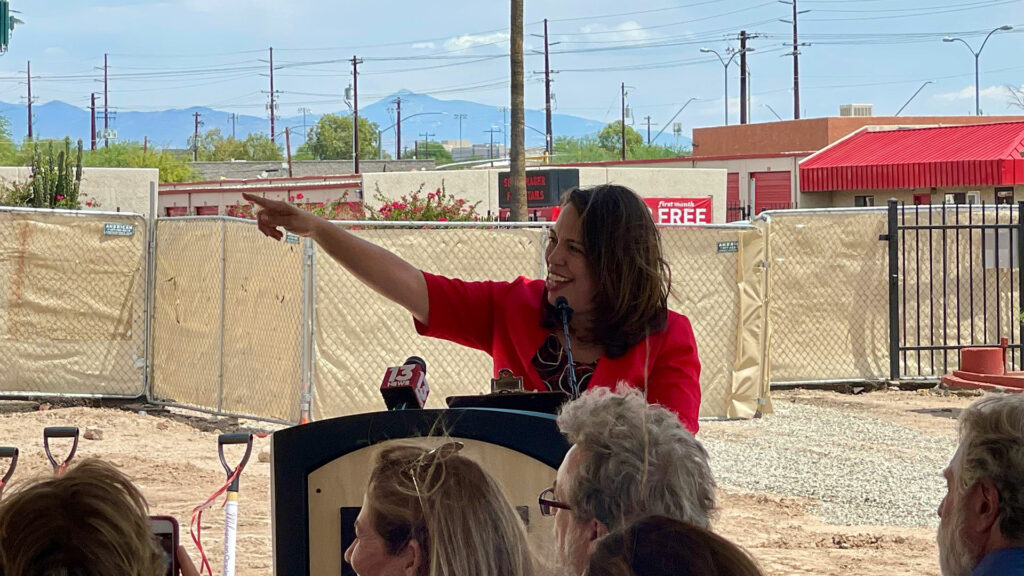Arizona’s housing deficit has increased 1,377% since 2012

Up for Growth, a cross-sector member network committed to solving the nation’s housing shortage and affordability crisis through data-driven research and evidence-based policy, today released a groundbreaking report that finds housing underproduction in Arizona has reached 122,683 homes, an increase of 1,377 percent since 2012, ranking the state eighth in the United States in terms of the severity of its housing deficit.
“What this report shows is that we need to build, build, build,” said Joanna Serviss, President and CEO of the Arizona Housing Coalition. “But while that may help the supply equation, we can’t build ourselves out of this housing crisis without being intentional – there is no such thing as trickle-down affordability. We also need to make sure we are building a diverse housing stock – including housing that is affordable for the lowest income households.”
Up for Growth’s2022 Housing Underproduction in the United States is a first-of-its-kind longitudinal study tracking nationwide housing underproduction by county and metropolitan area – the most detailed analysis of local housing underproduction ever produced. By measuring the gap between the number of homes available versus those needed, Up for Growth identified a housing deficit in 47 states and the District of Columbia, and 169 metropolitan areas – finding that housing underproduction in the U.S. reached 3.8 million homes in 2019, up from 1.6 million in 2012.
“Affordable housing has long been a core component of Arizona’s economic competitiveness,” said Suzanne Kinney, President and CEO of the Arizona Chapter of NAIOP. “Our market is growing tremendously, and a lack of affordable housing units is becoming an unintended consequence of that success. New housing development, whether it is multi-family or single-family, for rent or for sale, is not able to keep up with surging demand in the current economic environment. Arizona and its municipalities need reliable data like that provided in this new report to make informed policy decisions.”
In 2012, the nation’s affordability problem was concentrated on the coasts and in the Southwest. Today, 47 states and the District of Columbia have seen underproduction rise over the past seven years. The average U.S. state had a housing deficit of 79,000 homes. As a percentage of total housing stock, states with the most severe housing underproduction were, in order of severity: California, Colorado, Utah, Oregon, Washington, Washington DC, Arizona, Minnesota, New Jersey, and Massachusetts. New to the list since 2012 are six states: Nevada, Missouri, South Carolina, Rhode Island, Oklahoma, and Mississippi.
The report also includes a plan that quantifies the potential economic, fiscal, social and environmental benefits of building millions of new homes. A Better Foundation is Up for Growth’s new and innovative housing policy framework that can help policymakers craft tailored housing solutions to improve economic vibrancy and resiliency. Up for Growth data finds that building 3.8 additional homes would create increased housing affordability, add $209 billion to the U.S. GDP, generate $7 billion in additional local revenue, and reduce C02 emissions to the equivalent of 7.7 billion fewer miles traveled annually at full buildout.
“With the nation 3.8 million homes short of meeting housing needs, the U.S. is in an extreme state of housing underproduction,” said Mike Kingsella, Chief Executive Officer of Up for Growth. “Housing affordability is foundational for building and sustaining healthy local economies, and provides individuals and families with the stability necessary to invest in themselves and their communities. The Housing Underproduction report offers policymakers solutions to help create more homes while also improving equity, community resilience, and addressing drivers of climate change. It is vital that we act now to address America’s most urgent economic, environmental and social equity crisis.”
SOURCE: https://azbigmedia.com/real-estate/arizonas-housing-deficit-has-increased-1377-since-2012/






